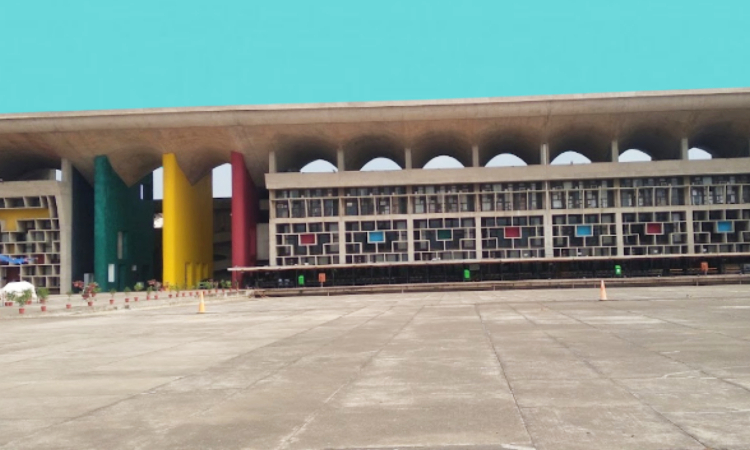A division bench comprising of Justices M.S. Ramachandra Rao and Sukhvinder Kaur of the Punjab and Haryana High Court has held that the norm of undergoing minimum mandatory period of custody of 6 years for consideration of grant of relief of suspension of sentence in cases where there is conscious possession of commercial quantity of contraband (as laid down in the decision of Daler Singh...

